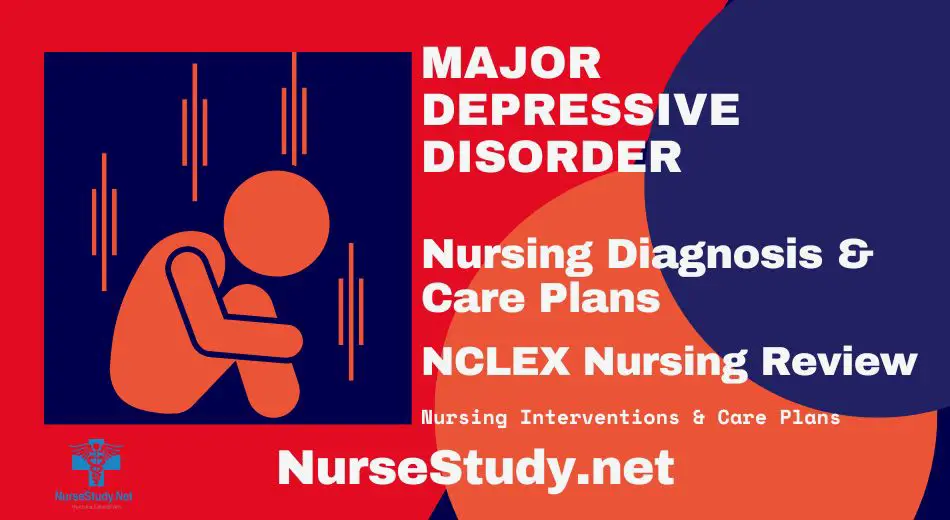- Selective serotonin reuptake inhibitors (SSRIs) are the commonly prescribed medication for depression. They can lessen the symptoms of moderate to severe depression, are generally safe, and have fewer adverse effects. SSRIs manage depression by elevating serotonin levels in the brain. Serotonin is one of the neurotransmitters, or chemical messengers, that connect brain nerve cells (neurons).
- Atypical antidepressant. Atypical antidepressants work by changing chemical messengers (neurotransmitters) for brain cells to work and communicate with one another. Atypical antidepressants, like most antidepressants, treat depression by ultimately affecting changes in brain chemistry and interaction in brain circuitry known to control mood and assist in relieving depression.
- Tricyclic and tetracyclic antidepressants. Commonly known as cyclic antidepressants, they were among the first produced antidepressant. They are practical, although antidepressants have mostly replaced them with lesser adverse effects. Cyclical antidepressants, on the other hand, may be a good alternative for some patients. In some situations, they treat depression when different medications are not effective.
- Monoamine Oxidase Inhibitors. MAOIs are a potent class of antidepressants that manage depression by blocking the breakdown of the brain neurotransmitters serotonin, dopamine, and norepinephrine and facilitating their ability to control their mood.
- Adapt to a crisis or other ongoing difficulties.
- Find unhealthy, constructive ideas and behaviors and change them with healthy and optimistic thoughts.
- Examine relationships and interactions, and establish beneficial ties with people.
Major Depressive Disorder Nursing Diagnosis
Nursing Care Plan for Major Depressive Disorder 1
Impaired Social Interaction
Nursing Diagnosis: Impaired Social Interaction related to changes in cognitive processes secondary to major depressive disorder as evidenced by dysfunctional interaction with family, friends, and others, expressed uneasiness in social settings, avoiding interaction with others, and making no eye contact.
Desired Outcomes:
- The patient will state that they enjoy communicating with others in activities and one-on-one conversations to the same amount as before being depressed.
- The patient will recognize the emotions that cause unsatisfactory social relationships.
- The patient will communicate with friends, family, and friends.
- The patient will take part in certain community social events.
Nursing Care Plan for Major Depressive Disorder 2
Nursing Diagnosis: Low Self-Esteem related to neurophysiological imbalances secondary to major depressive disorder as evidenced by the inability to deal with events and hostile response to a positive review.
Desired Outcomes:
- The patient will have a positive outlook on life and the capacity to enjoy the moment.
- The patient will list two areas they wish to improve and four positive characteristics honestly and nonjudgmentally.
Nursing Care Plan for Major Depressive Disorder 3
Nursing Diagnosis: Disturbed thought processes related to traumatic life experiences secondary to major depressive disorder as evidenced by incorrect assessment of the surroundings, memory issues/deficits, and reduced problem-solving abilities.
Desired Outcomes:
- The patient will analyze the facts and make sound decisions.
- The patient will correctly recall current and distant information.
- The patient will demonstrate a well-organized thought process.
Nursing Care Plan for Major Depressive Disorder 4
Risk for Self-directed Violence related to social isolation secondary to major depressive disorder.
- The patient will ask for assistance if they feel the urge to hurt themselves.
- The patient will exhibit behavioral manifestations of absent depression.
- The patient will feel content with their current social situation and progress toward their personal goals.
Nursing Care Plan for Major Depressive Disorder 5
Grieving related to anticipated loss secondary to major depressive disorder as evidenced by anger, alterations in the activity and immunological function, depression, disassociation, lack of coordination, and sleep disruption.
- The patient will perform self-care routines at their or her own pace.
- The patient will show progress in navigating the stages of grief on their timeline.
- The patient will verbally express a feeling of improvement toward the resolution of hope and despair the next time.
Nursing References
Ackley, B. J., Ladwig, G. B., Makic, M. B., Martinez-Kratz, M. R., & Zanotti, M. (2020). Nursing diagnoses handbook: An evidence-based guide to planning care. St. Louis, MO: Elsevier. Buy on Amazon
Gulanick, M., & Myers, J. L. (2022). Nursing care plans: Diagnoses, interventions, & outcomes. St. Louis, MO: Elsevier. Buy on Amazon
Ignatavicius, D. D., Workman, M. L., Rebar, C. R., & Heimgartner, N. M. (2020). Medical-surgical nursing: Concepts for interprofessional collaborative care. St. Louis, MO: Elsevier. Buy on Amazon
Silvestri, L. A. (2020). Saunders comprehensive review for the NCLEX-RN examination. St. Louis, MO: Elsevier. Buy on Amazon
Disclaimer:
Please follow your facilities guidelines, policies, and procedures.
The medical information on this site is provided as an information resource only and is not to be used or relied on for any diagnostic or treatment purposes.
This information is intended to be nursing education and should not be used as a substitute for professional diagnosis and treatment.
Anna Curran. RN-BC, BSN, PHN, CMSRN I am a Critical Care ER nurse. I have been in this field for over 30 years. I also began teaching BSN and LVN students and found that by writing additional study guides helped their knowledge base, especially when it was time to take the NCLEX examinations.
